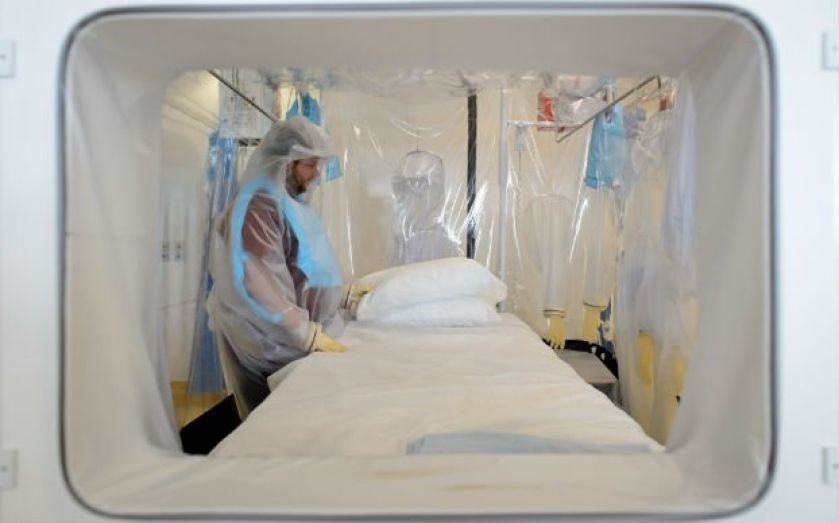| Updated:
Protalix share price slumps on Ebola vaccine doubts

Shares in Israeli pharmaceutical company Protalix fell on the Tel Aviv Stock Exchange (TASE) yesterday, after comments made by the company's chief executive cast doubts on its ability to develop an anti-Ebola drug quickly and effectively.
On Saturday, Israel's Channel 2 reported that the company's facility in the north of the country was one of the only places in the world with the technology to mass-produce a medicine like experimental anti-Ebola drug Zmapp, which has shown promising results so far.
Protalix shares went up by as much as 18 per cent the following day, until chief executive David Aviezer poured cold water on the idea by saying: "We have no information about the drug, no connection with the manufacturers. We also have no genetic information about the drug or the rights to use it."
At that point, the company's shares reversed gains and ended the day just 0.3 per cent higher.
The company produces biological drugs in plant cells and already has a Federal Drug Administration-approved drug to treat Gaucher disease. There was also a suggestion it could produce large amounts of Zmapp for Mapp Biopharmaceutical in a relatively short time.
“In theory, we probably could also produce the antibody used for treating Ebola in our plant cell system,” he added. “Based on our technology and their technology we believe this can be done, but we have to receive the DNA sequence of the antibody, which is a proprietary asset. It does not belong to us.”
According to World Health Organisation (WHO) estimates, the Ebola virus has already claimed over 2,000 lives in West Africa since the start of the outbreak in February. A number of companies are currently trying to develop treatments and preventative measures for the disease.